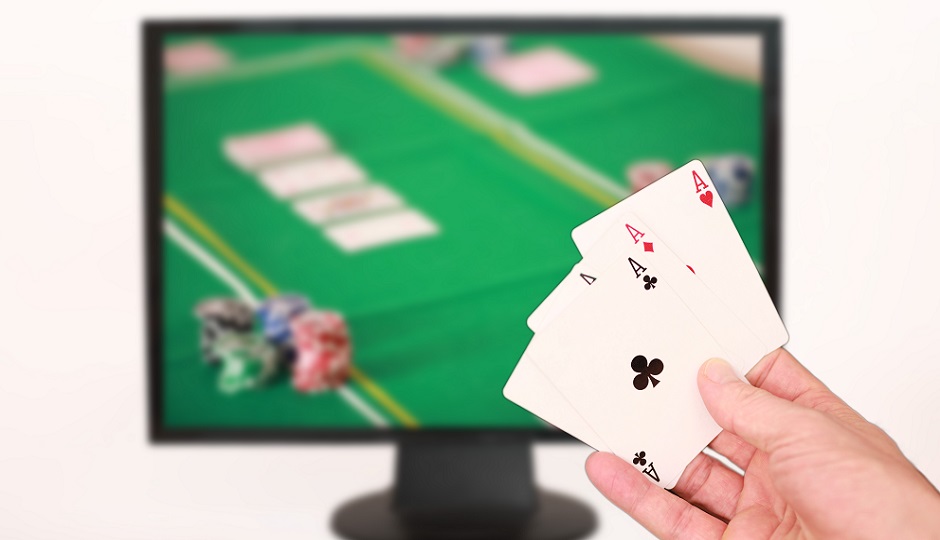
This study compares poker player profiles with those of video lottery terminal (VLT) players with a view to determining whether certain personal characteristics of gamblers vary depending on their preferred type of gambling activity, and to what extent these characteristics are linked to erroneous thoughts and problem gambling.
The results show that poker players present a higher level of narcissism and sensation-seeking than VLT players. Conversely, the latter present a higher level of symptoms of depression and problem gambling.
The gambler’s personal profile varies from one group of gamblers to the other.
In addition, among both groups of gamblers, cognitive distortions prove to be a mediator between narcissism and problem gambling, suggesting a similar cognitive mechanism between the groups in this particular case.
However, symptoms of depression “predict” problem gambling severity only among VLT players, both directly and through the mediating effect of cognitive distortions. The presence of erroneous thoughts is therefore linked to problem gambling in certain cases, and the gambler’s personal profile varies from one group of gamblers to the other.
This type of predictive approach could prove useful in helping clinicians, researchers and gamblers to select the therapy options that are the most likely to have the best results, according to the specific psychological profile of the problem gambler and his or her preferred type of gambling activity.
Main researcher
Serge Sévigny, Université Laval
Deposit of the research report: November 2016
